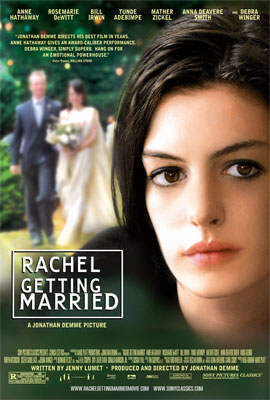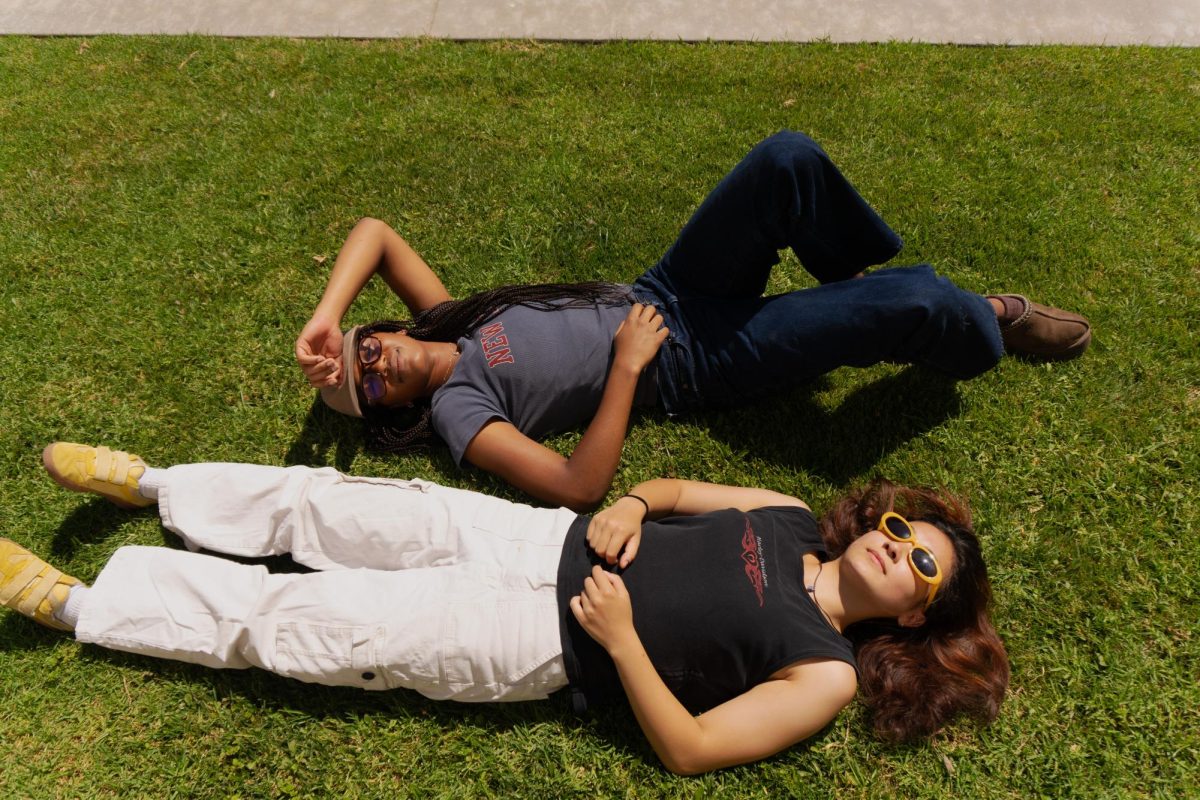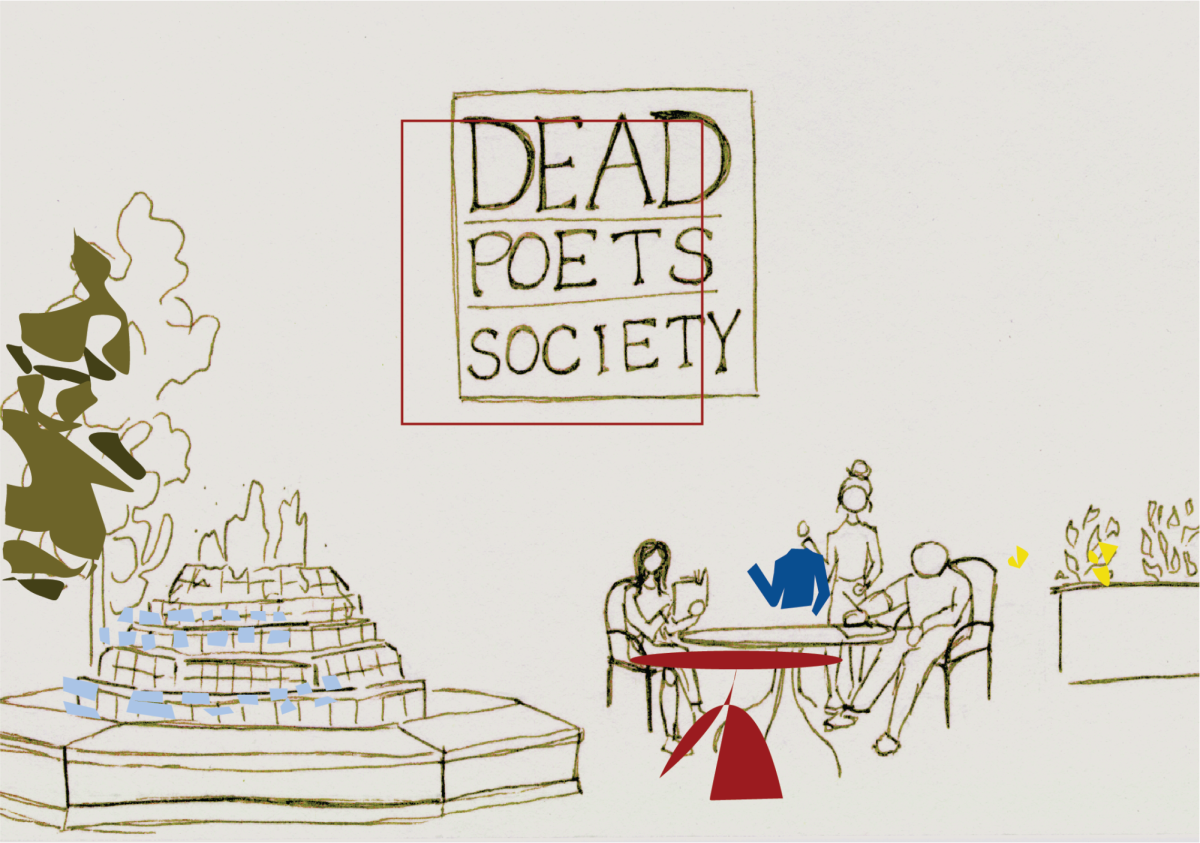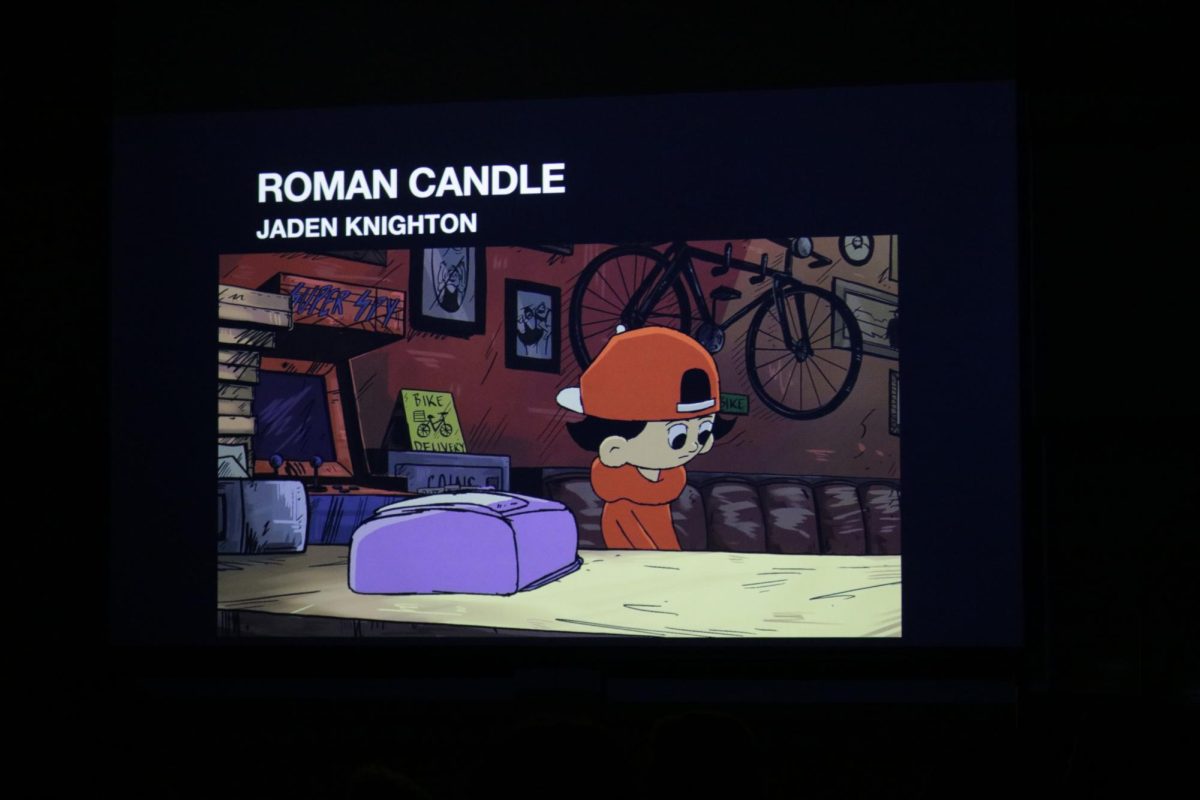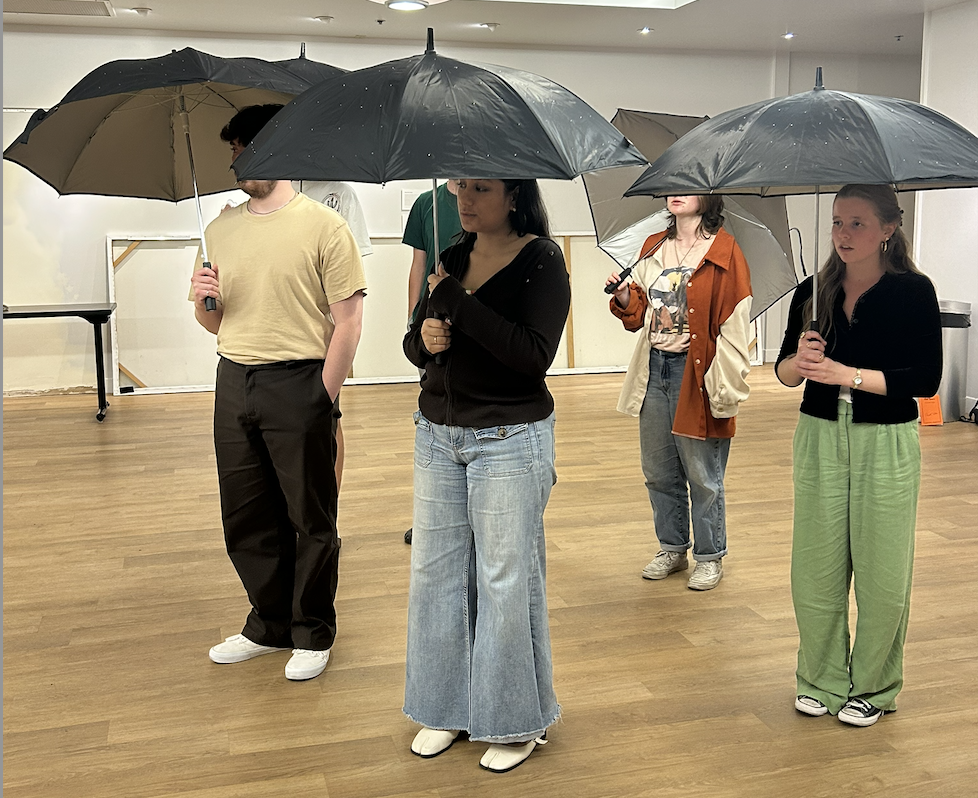Anticipation can be a good or bad thing for a film, depending upon the circumstances. One film that much of the film community has been anticipating is the new Jonathan Demme picture, “Rachel Getting Married.”
“Rachel Getting Married” is about Kym (Anne Hathaway), a broken and brash woman who has been in and out of rehab for many years, who travels back home for the wedding of her sister, Rachel (Rosemarie Dewitt) and Rachel’s fiancé Sidney (Tunde Adebimpe). While Paul (Bill Irwin) and Carol (Anna Deveare Smith), Kym’s father and stepmother, are glad to see her, her arrival is not welcomed by all, especially Rachel’s best friend, Emma (Anisa George), Rachel and Kym’s birth mother, Abby (Deborah Winger), and to certain extent, Rachel herself.
This is the perfect comeback film for Demme, who gave us such classics as “Silence of the Lambs” and “Philadelphia” but has struggled in recent years. He takes an interesting approach to the film – with the help of Declan Quinn’s cinematography and Tim Squyres’ editing, Demme uses a free-flowing narrative structure to tell this story and he truly seems to thrive in such an unorthodox cinematic style. Anne Hathaway is easily the glue that holds this film together and truly gives an Oscar-worthy performance. She shows even more character development than expected, bringing out the nuances that capture the essence of the character. Hathaway’s performance proves that when given the opportunity, she is a force to be reckoned with.
Yet she is not the only reason to watch this film. The relatively unknown supporting cast is excellent and the lack of a recognizable star other than Hathaway makes the film feel authentic. Rosemarie Dewitt especially shines through and leads this cast of supporting players; she is impressive, formidable and able to play off Hathaway well. The script is funny, touching, and awkwardly real, but in a good way. The screenwriter, Jenny Lumet, seems to have learned from one of the best cinematic dramatists, her filmmaker father, Sidney Lumet. She challenges the audience in bold strokes by rocking back forth between comedy and tragedy, but never becoming too unruly or overwritten.
Some technical approaches to the film can be divisive, however. Quinn’s photography uses a very shaky, hand-held camera that can frustrate some, but it works in capturing life as it happens.
The film is a solid sociological and dramatic study of a fractured, but reasonably normal family. Even though this film is only a brief snapshot of this family, the audience can relate to these characters. “Rachel Getting Married” is a funny, thoughtful piece of cinema complete with performances that the filmmakers, stars and crew can be proud of.



